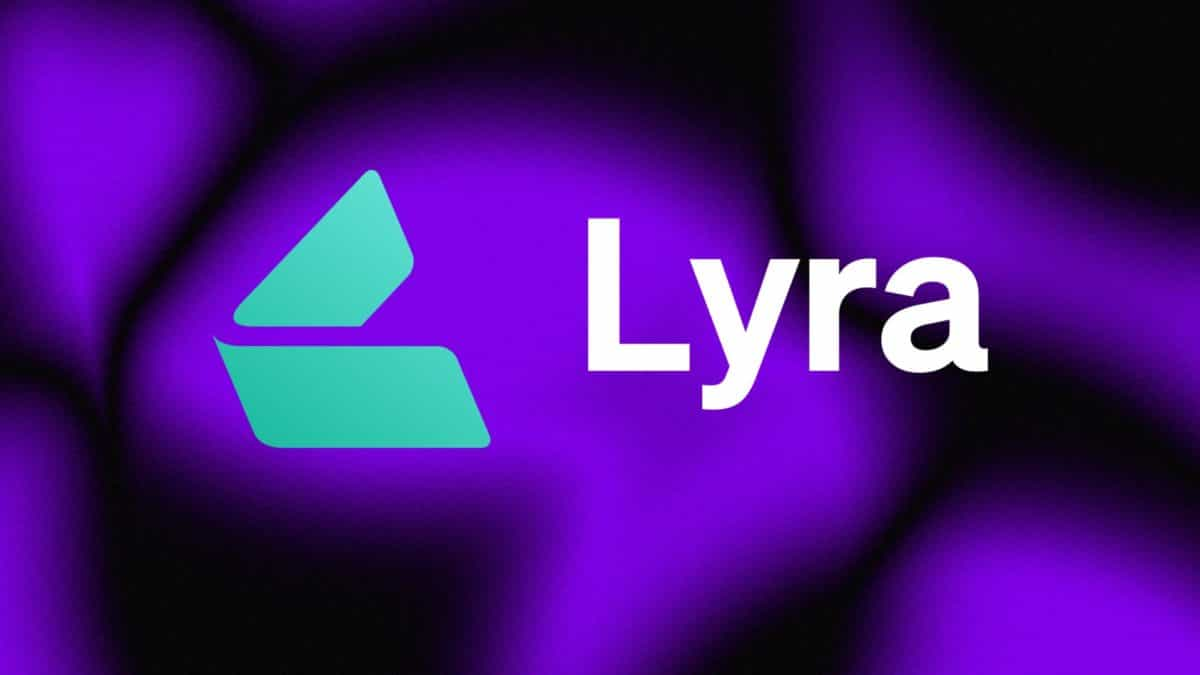Hayden Adams unveils UniswapX protocol to aggregate DEX liquidity

Quick Take
- Hayden Adams has introduced a new open-source protocol called UniswapX.
- UniswapX is designed to aggregate trades across various liquidity sources.

Uniswap founder Hayden Adams has introduced a new open-source protocol named UniswapX that will aggregate liquidity across decentralized exchange pools.
The protocol, released today by Uniswap, will enable users to find optimum prices for their trades by pooling its liquidity sources, according to an official blog post. This aggregator service has been launched as an opt-in beta feature on Uniswap Labs' front-end platform on Ethereum.
UniswapX aims to be an open network of third-party entities called "fillers" who compete to fill swaps using onchain liquidity like decentralized exchange pools across all of Uniswap versions or their own private inventory, according to Hayden Adams.
"Swappers can use the Uniswap interface without worrying whether they’re getting the best price and transactions will always be transparently recorded and settled onchain," Adams explained. "All orders are backstopped by the Uniswap smart order router, which forces fillers to compete with Uniswap v1, v2, v3 and, once it launches, v4."
Uniswap is the largest decentralized exchange protocol by daily trade volume. In the last 24 hours alone, the decentralized exchange protocol handled approximately $260 million on its version 3 platform on the Ethereum mainnet.
Gas-free trades and MEV protection on UniswapX
One of the main features of UniswapX will be gas-free execution, allowing swappers to authorize off-chain orders while fillers pay the gas fees on their behalf.
“With UniswapX, swappers sign a unique off-chain order, which is then submitted on-chain by fillers who pay gas on swappers’ behalf,” said Adams. “Since swappers don’t have to pay gas, they don’t require a chain’s native network token (like ETH, MATIC) to trade.”
The protocol will also have the ability to safeguard against maximal extractable value (MEV) — thereby resulting in improved swap prices and discouraging malicious value extraction from network participants like sandwiching, Adams added. For this purpose, the so-called fillers will be incentivized to use private transaction relays when routing orders to onchain liquidity venues.
UniswapX also includes a protocol fee switch that can be activated later if approved via a vote by Uniswap's governance body.
Adams emphasized that UniswapX will be immutable and that Uniswap Labs cannot modify or pause its contract. Users will maintain self-custody of their funds throughout the swaps.
© 2023 The Block. All Rights Reserved. This article is provided for informational purposes only. It is not offered or intended to be used as legal, tax, investment, financial, or other advice.



